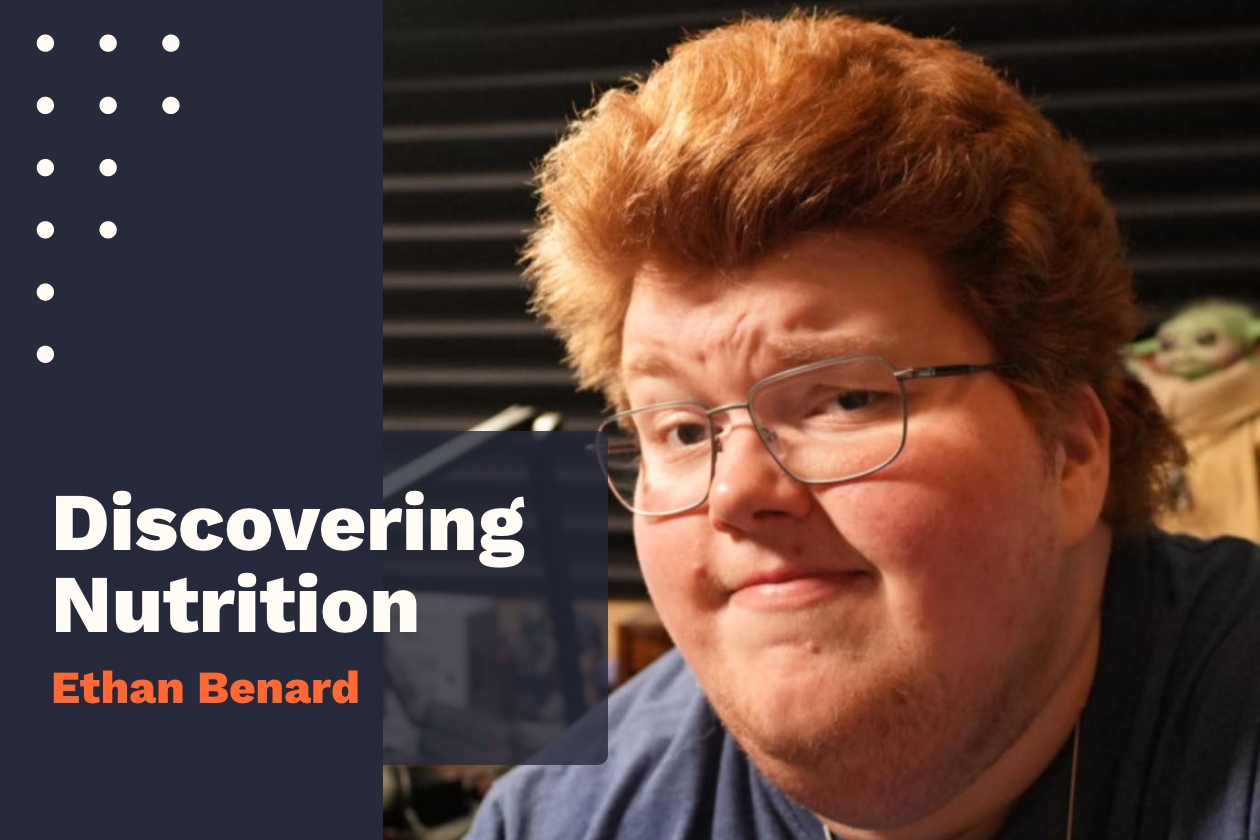In this enlightening conversation, Brandon Marcello, a high-performance strategist, discusses various aspects of physical fitness, sleep, and overall performance. He delves into the importance of maintaining physical activity, understanding heart rate variability, optimizing performance across multiple domains, and the impact of alcohol on sleep. He also touches on the benefits of meditation and the role of supplements in sleep.
- [00:00] Introduction to Brandon Marcello, a high-performance strategist.
- [02:30] Discussion on the difference in how quickly we lose fitness vs. strength.
- [05:00] Understanding Heart Rate Variability (HRV) and its use as a measure of stress and ‘readiness’.
- [10:30] The importance of optimizing performance in four domains: physical, cognitive, social, and emotional.
- [15:00] The impact of alcohol on sleep quality and the importance of timing when consuming alcohol.
- [20:00] The significance of sleep, how much sleep people need, and the concept of ‘catching up’ on sleep.
- [25:00] Introduction to meditation as a tool for managing stress and improving focus.
- [30:00] The influence of the menstrual cycle on training and exercise for women.
- [35:00] The role of supplements, specifically melatonin, in sleep and the caution needed when using them.
Connect with Brandon Marcello:
Key Points
Fitness and Strength: Fitness tends to decrease quickly when we stop exercising, while strength decreases more slowly. This is why it’s important to maintain some form of physical activity even when on vacation.
Heart Rate Variability (HRV): HRV is a measure of the variation in time between each heartbeat. It’s often used as a measure of stress and ‘readiness’. However, it’s a complex measure and can be influenced by many factors, making it a ‘noisy’ and potentially misleading indicator.
The Four Domains of Performance: To achieve sustainable high performance, it’s important to optimize performance in four domains: physical, cognitive, social, and emotional. These domains are interconnected and influence each other.
Alcohol and Sleep: Consuming alcohol, especially close to bedtime, can have a significant impact on sleep quality. It can cause you to skip over the regenerative stages of sleep.
Sleep: Most people need between 6-9 hours of sleep per night, but many underestimate their sleep needs. Lack of sleep can lead to fatigue, irritability, and cognitive impairment. You can ‘catch up’ on sleep to some extent, but it’s better to maintain a consistent sleep schedule.
Meditation: Meditation can be a useful tool for managing stress and improving focus. Even short, unguided meditation sessions can be beneficial.
Training and Menstrual Cycle: For women, the menstrual cycle can influence the type of exercise they’re better at doing at different times. This can be used to optimize training schedules.
Supplements and Sleep: Supplements like melatonin can help with sleep, but they should be used with caution. Too much melatonin can actually make it harder to fall asleep.



